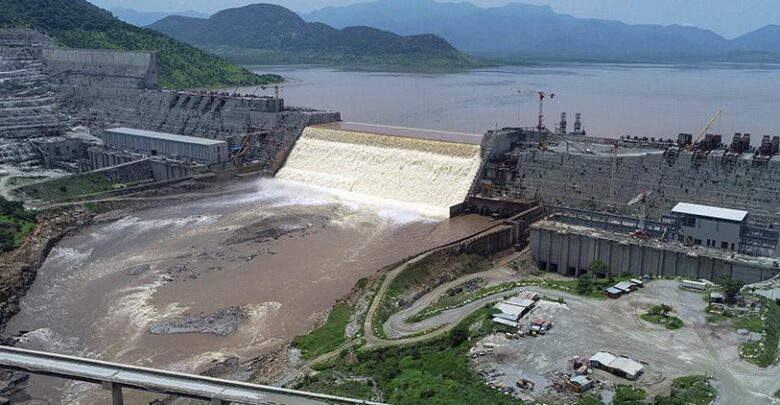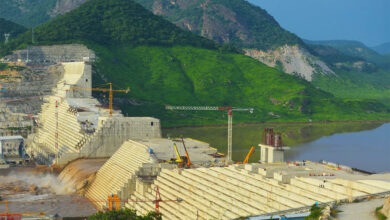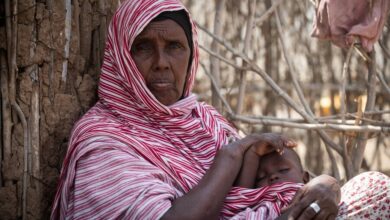
Sudanese ministers on Thursday stressed the need to sign a legal and binding solution to the ongoing Grand Ethiopian Renaissance Dam (GERD) issue, a long dispute with the two neighboring countries- Egypt and Ethiopia, reported Ahram Online.
In a statement, the Sudanese Foreign Ministry said that the country’s acting Foreign Minister Ali Al-Sadiq met the acting Irrigation and Water Resources Minister Daw Al-Bait Abdul-Rahman and reviewed developments of the GERD issue. It added that the two ministers reassured Sudan’s supportive stance to negotiation as an option for the solution.
During the meeting, the two ministers stressed the need to reach a legal and binding solution under the patronage of the African Union (AU) in a manner that preserves Sudan’s interests and its water rights.
The acting foreign minister reiterated support for the Sudanese negotiating team and its active participation in the GERD issue.
Sudan, Egypt, and Ethiopia have been negotiating under the African Union over technical and legal issues related to the filling and operation of the GERD.
Egypt fears that the GERD would adversely affect its water supply and Sudan is concerned about regulating flows to its own dams and their safety. Ethiopia, which began construction of the GERD in 2011, claims that it will produce more than 6,000 megawatts of electricity from the project.
The Sudanese government had previously proposed a mediation quartet of the United Nations, the European Union, the United States, and the African Union regarding the GERD issue. But Ethiopia rejected the proposal.
Last week, Ethiopian Foreign Minister, Redwan Hussein, said Ethiopians would not wait indefinitely and to use their country’s resources, in reference to operating its dam project.
Hussein said Egypt should support the Ethiopian government to finish the construction of the GERD as soon as possible, noting that both Ethiopia and Egypt should “cooperate in exploiting their resources to face the drought season whether it occurs tomorrow or even after several years.”





